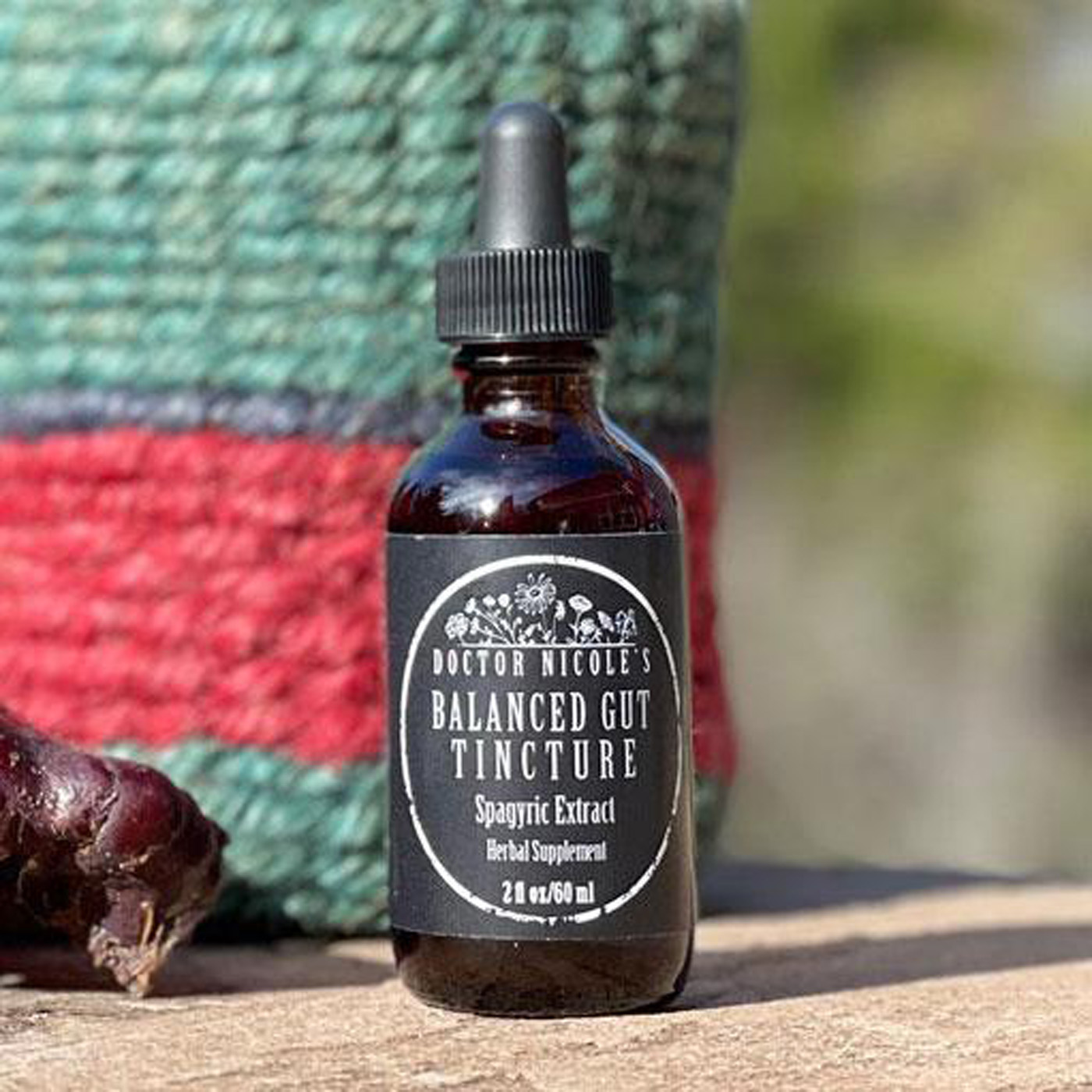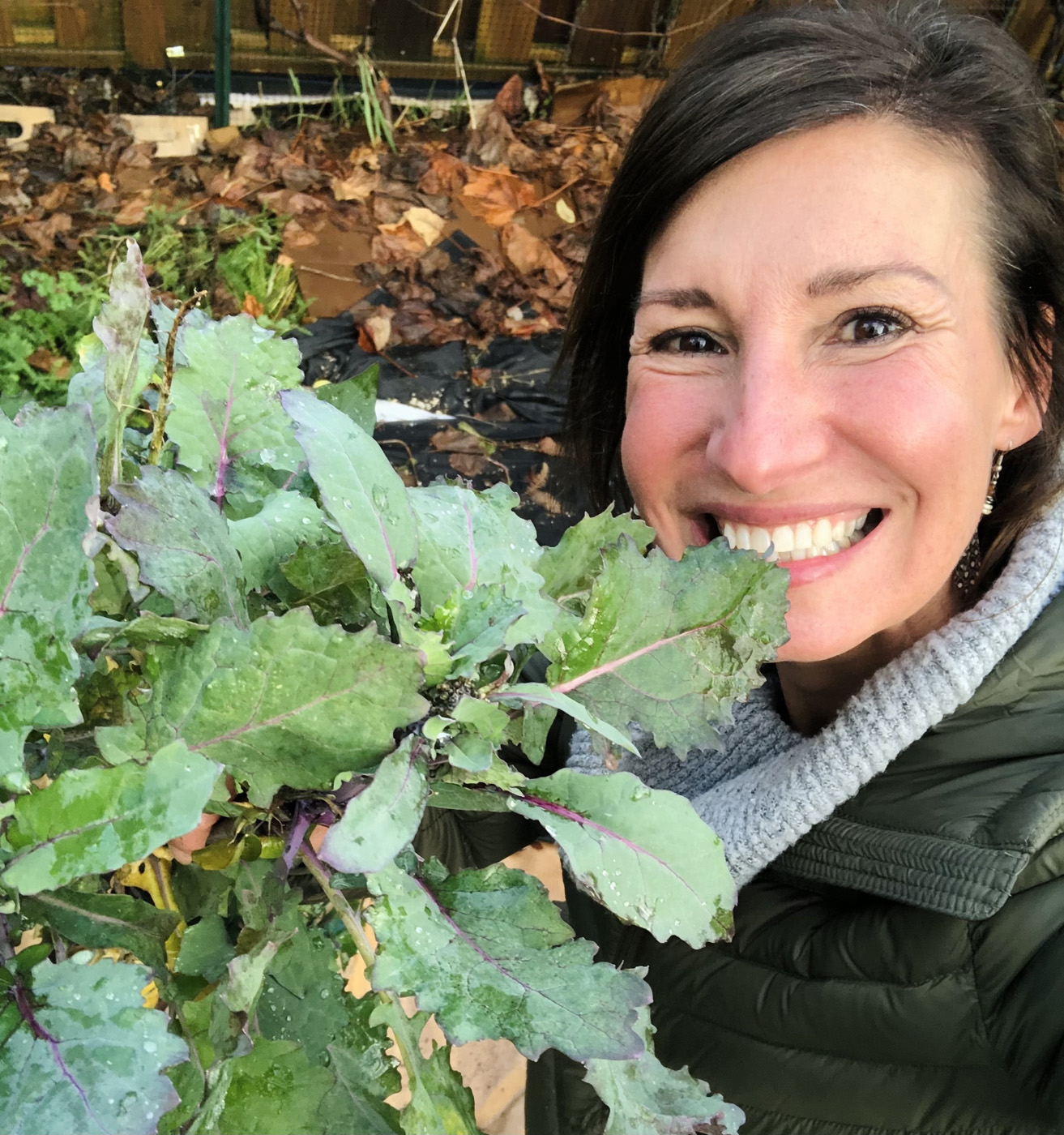The Link Between a Balanced Microbiome and Health
The importance of gut health has been a buzzword in health and wellness circles for quite some time — and for good reason. The gut microbiome is host to an abundance of intestinal flora that can make (or break) your physical and mental health depending on if it is balanced. From immunity to nutrient absorption, anxiety and depression to weight loss, the gut microflora plays a crucial role in our overall well being. Many don’t give a second thought to gut health until an issue develops. However, this is a mistake. If you would like to truly thrive, caring for your gut should be a top priority. And one of the best ways to do this is through diet and medicinal herbs.
Prebiotics
These are natural soluble fibers that are fuel for the good bacteria in your gut. I highly recommend eating foods rich in prebiotics throughout the day. Not only do they support healthy levels of bifidobacteria and lactobacilli, but also help to enhance immunity, shed excess weight, and regulate mood.
Focus on foods like bananas, oats, flaxseed, chia seed, dandelion greens, raw garlic, chicory root, raw jicama, apples, onions, seaweed and Jerusalem artichoke. Turkey tail is also an outstanding source of prebiotics — more on this exceptional mushroom below.
Probiotics
Another exceptional method for promoting gut health is to consume probiotics in food or as a supplement. They will help to keep the gut flora balanced, boost immune function, and help with weight loss. Good options for probiotic-rich foods include: kimchi, kombucha, miso, sauerkraut, tempeh, brine or water cured olives, and fermented pickles. Kefir and yogurt with active cultures are also beneficial.
Insoluble Fiber
Eating enough insoluble fiber is crucial for maintaining gut health. This type of fiber helps to move everything efficiently through the digestive tract and has a cleansing effect. It also reduces inflammation, improves digestion, boosts immunity, and helps to fight excess weight. Beans, lentils and legumes are excellent sources. So are whole grains, coconut, popcorn, and nuts.
Vegetables
Bumping up your vegetable intake is one of the best actions you can take for gut health — especially when you eat leafy greens. Packed with vital nutrients, vegetables contain fiber that helps to encourage the formation of butyrate, a compound that can reduce inflammation, boost gut immunity, and reduce the risk of colon cancer. Butyrate is important for the proper functioning and maintenance of the cells lining the intestinal tract.
To make sure you are getting enough, eat plenty of leafy greens like arugula, watercress, kale, collard greens, and spinach. And don’t forget about wild greens, which you can learn about in my book, The Forager’s Guide to Wild Foods, Edible Plants, Lichens, Mushrooms, and Seaweeds.
Resistant Starch
Similar to leafy greens, resistant starch promotes the production of butyrate in the gut. These starches are also outstanding for lowering blood sugar levels after meals and improving insulin sensitivity. They have fewer calories than regular starch and increase a feeling of fullness, which can help with weight loss efforts. To boost your resistant starch intake, eat foods like green bananas, cooked then cooled potatoes, cashews, raw oats or try adding a tablespoon or two of potato starch to your daily smoothie.

Herbal Support for Healing a Leaky Gut
If you have developed a leaky gut through poor diet, diverticulitis, parasites or exposure to environmental toxins, the health of your gut and microbiome will suffer. So it’s important to address the issue through detoxification, cleaning up the diet, clearing out parasites, and healing the gut with medicinal herbs.
Here are six outstanding herbal remedies that will help to soothe and repair the gut. Each is included in my potent Balanced/Leaky Gut Tincture.
An excellent anti-inflammatory, reishi is known as the “mushroom of immortality” for its wide range of healing attributes — and taming inflammation is a crucial step to healing a leaky gut. Next is lion’s mane, which is high in antioxidants that cool the inflammatory response. Another outstanding medicinal mushroom, Turkey tail is a terrific source of prebiotics for encouraging a healthy microbiome by controlling the overgrowth of candida, while also feeding the “good” bacteria in the gut.
Traditionally known as an all-around tonic for the digestive tract, plantain is an exceptional anti-inflammatory. It also soothes mucous membranes to help alleviate the symptoms of a leaky gut. Lastly, two additional herbs that support gut healing are slippery elm and marshmallow because each forms a protective layer that helps the gut to regenerate.
Ready to heal and fertilize your gut for optimal health? Visit the apothecary today and learn more about my Balanced/Leaky Gut Tincture.
Nicole Apelian




